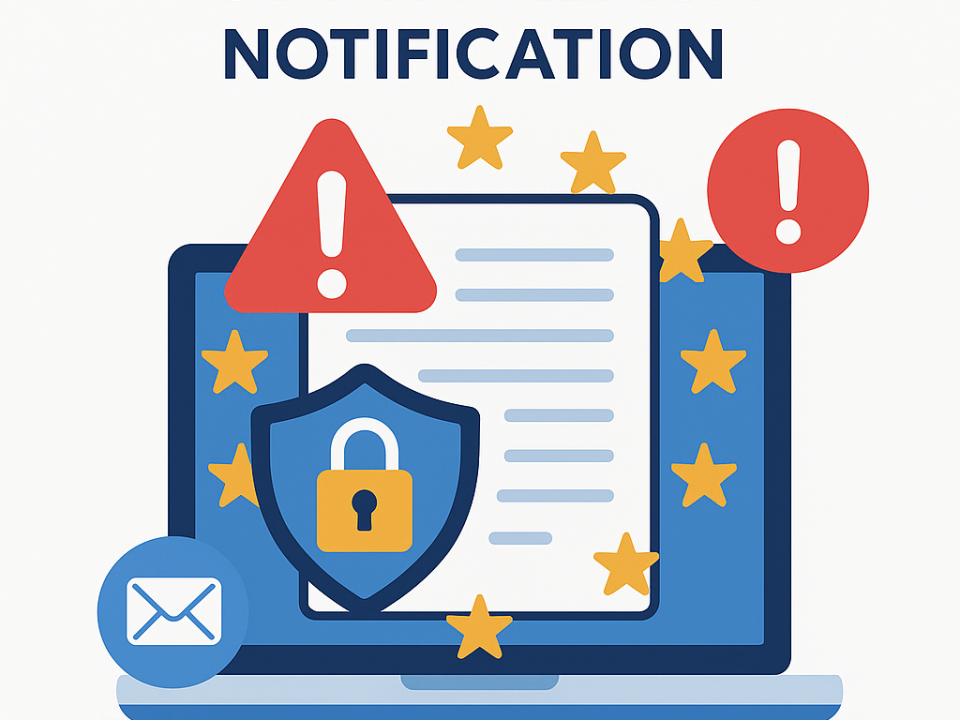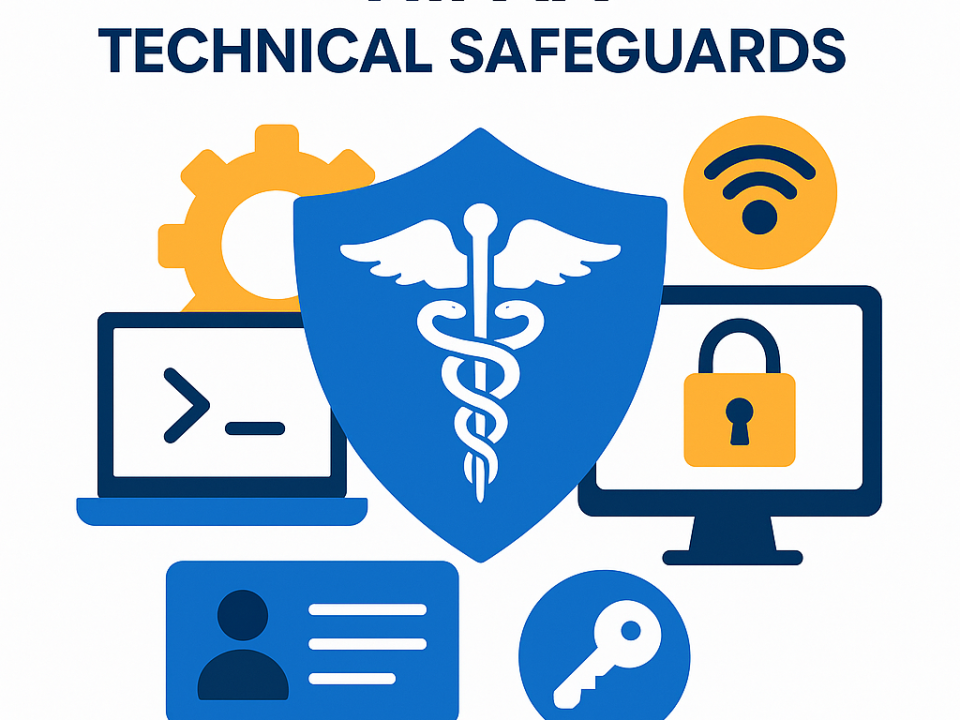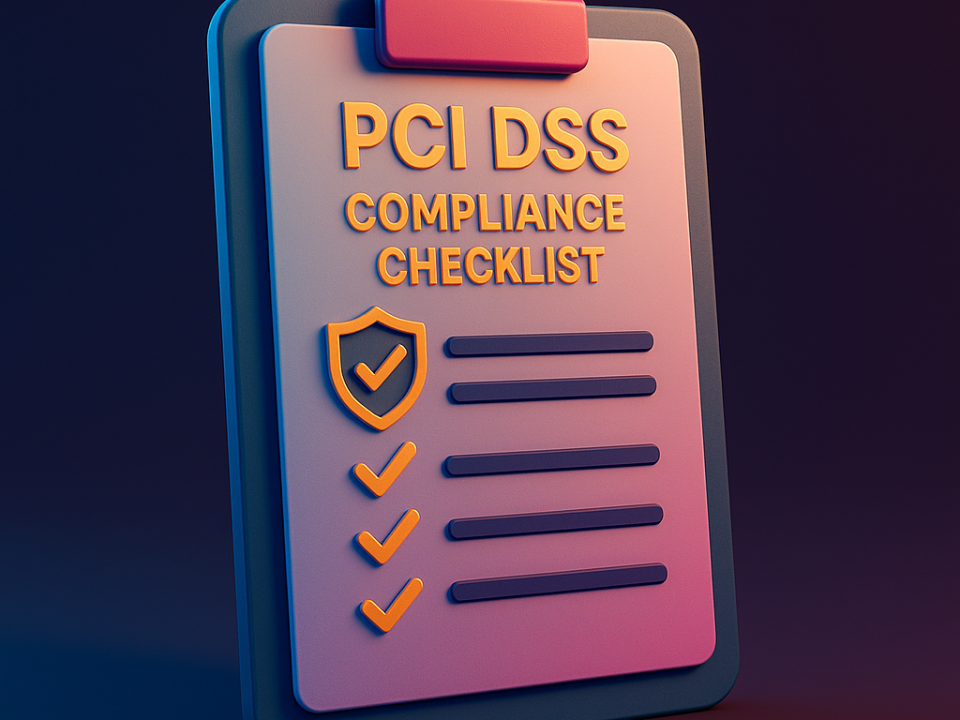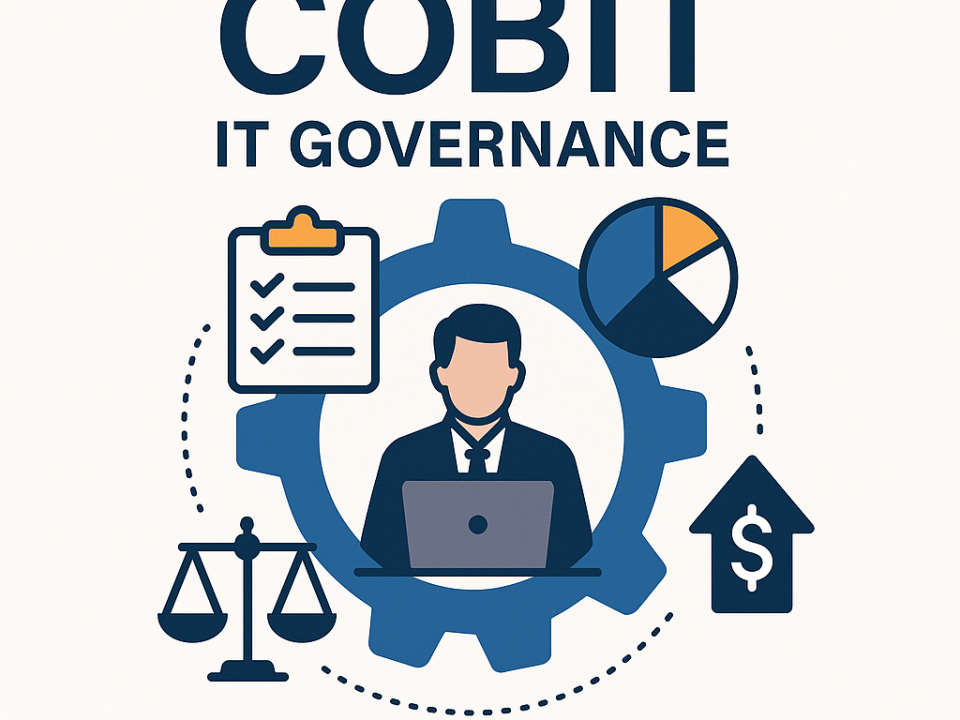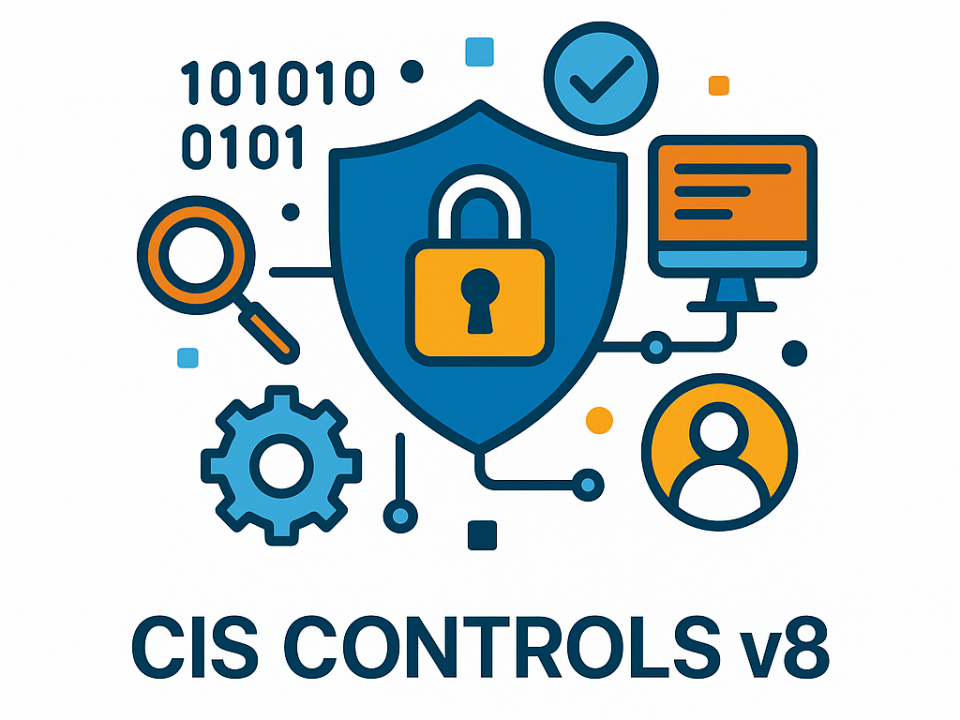
From NIST to ISO: Understanding the Most Effective Security Compliance Frameworks
June 9, 2025Unlocking Success with a Cybersecurity Governance Model
June 9, 2025In today’s rapidly evolving digital landscape, the importance of robust cybersecurity measures cannot be overstated. Security frameworks serve as the backbone of effective security strategies, guiding organizations in safeguarding their assets, data, and reputation. For business leaders, understanding the intricacies of a security framework is paramount, as it can significantly influence the success and sustainability of their operations.
Key Benefits of Security Frameworks
Implementing a security framework offers a myriad of advantages for businesses. Firstly, it fosters a proactive approach to identifying and mitigating risks before they escalate into serious threats. By providing a structured methodology, security frameworks help organizations comply with regulatory requirements, minimizing legal liabilities and financial penalties. Additionally, they enhance overall business resilience, allowing organizations to withstand and recover from security incidents more efficiently.
Common Challenges Addressed by Security Frameworks
Every organization faces its unique set of security challenges. Security frameworks are designed to address common issues such as data breaches, lack of employee training, and outdated protocols. For instance, by creating clear guidelines for data handling and incident response, organizations can minimize vulnerabilities. Moreover, frameworks facilitate a culture of security awareness among employees, which is critical in today’s threat landscape where human error is often a primary factor in security incidents.
Real-World Examples: Success Stories Using Security Frameworks
Consider a mid-sized financial institution that adopted the NIST Cybersecurity Framework. Within a year, this organization reported a significant reduction in security incidents, thanks to improved detection and response capabilities. Through regular training and a comprehensive risk management strategy, the institution not only safeguarded customer data but also bolstered its reputation in the community. Another example is a healthcare provider that implemented the HIPAA Security Rule, leading to enhanced patient trust, improved operational efficiency, and reduced vulnerabilities through systematic audits and assessments.
Take Action: Enhance Your Organization’s Security Today!
Now that you understand the benefits and challenges addressed by security frameworks, it’s time to take action. Conduct a thorough assessment of your current security posture and identify areas for improvement. Consider investing in training programs for your team to raise awareness and build a culture of security. Remember, a well-implemented security framework not only protects your data but also positions your business for long-term success. Don’t wait for a cyber incident to spark change; embrace proactive measures today and pave the way for a secure future!


